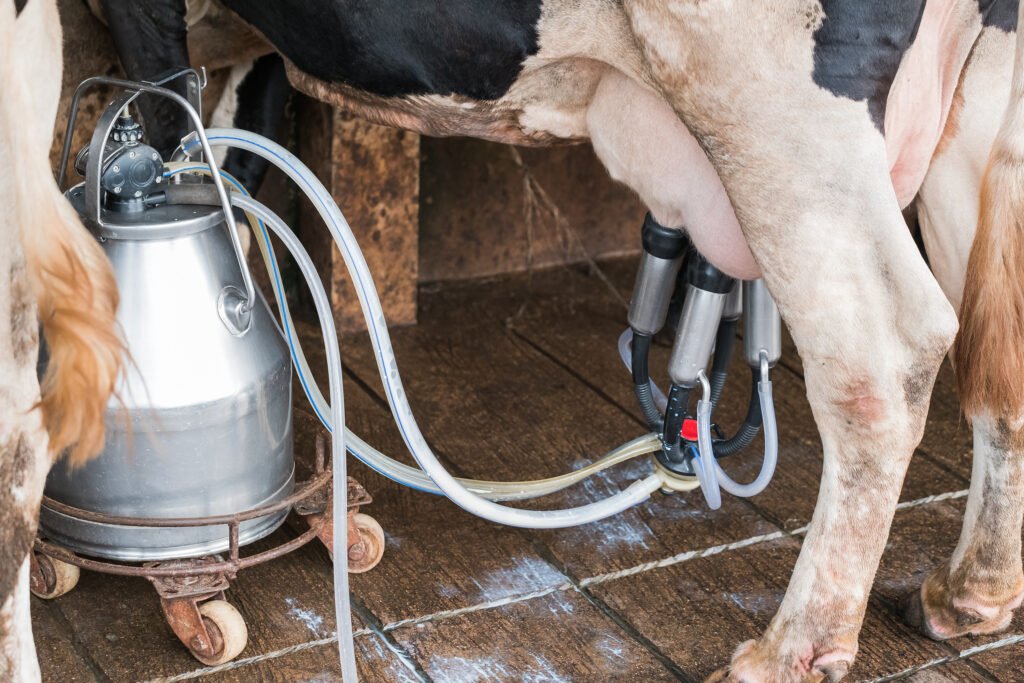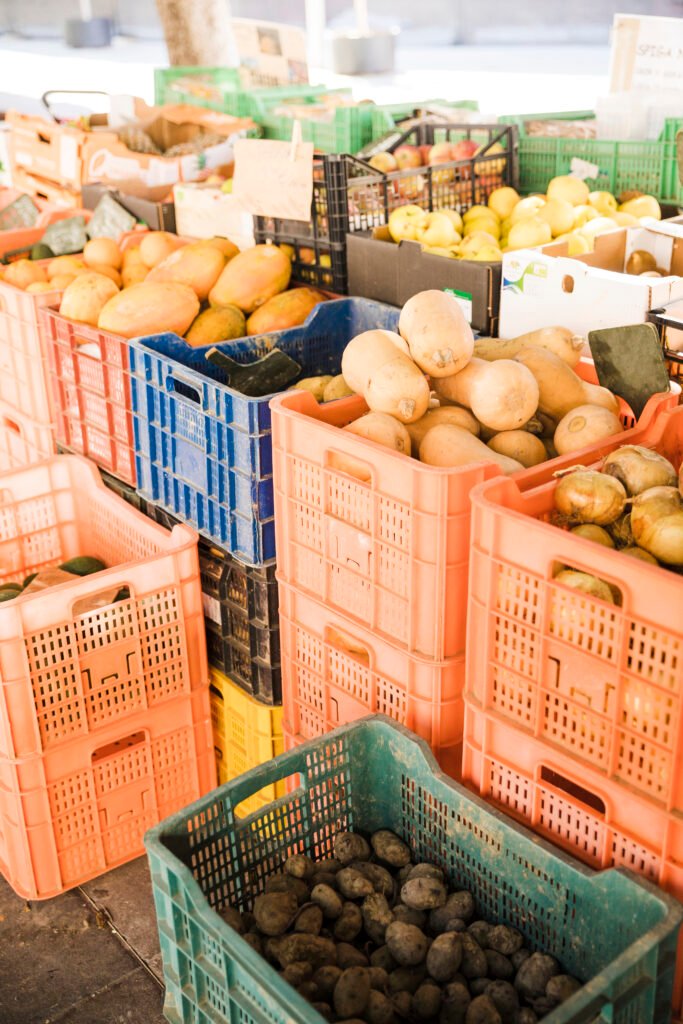Hajj 2025: Pakistan unveils cost of next year’s holy pilgrimage

The Hajj Policy 2025, recently announced by the Pakistani government, outlines significant updates and new options for aspiring pilgrims. With a focus on flexibility, inclusivity, and enhanced facilities, the policy provides a comprehensive framework for Pakistani pilgrims traveling to Saudi Arabia. Here are the key details and changes introduced in the Hajj Policy 2025.
Hajj Costs and Payment Options
The cost of Hajj for Pakistani pilgrims in 2025 ranges from PKR 10.75 lakh to PKR 11.75 lakh, excluding an additional PKR 55,000 for sacrificial animals. Recognizing the financial challenges many face, the government has introduced an installment payment option to ease the burden on pilgrims.
- Installment Plan:
- PKR 200,000 is required at the time of application submission.
- If selected in the draw, an additional PKR 400,000 is due within 14 days.
- The remaining balance must be paid between February 1 and February 10, 2025.
This installment structure allows pilgrims to plan their finances effectively, making Hajj more accessible to a broader range of individuals.
Key Provisions in Hajj Policy 2025
1. Option for Women to Travel Without a Male Guardian
Under the new policy, women are permitted to perform Hajj without a male guardian. To avail this option, they must submit a sworn affidavit from a male family member, such as a father or husband. This change reflects the policy’s commitment to supporting greater independence for women pilgrims and aligns with international moves toward inclusivity.
2. Government and Private Quotas
- Pakistan’s Hajj quota for 2025 is set at 179,210 pilgrims.
- The quota is split equally between government and private sector schemes, each receiving 50% of the allocation.
- Under the government scheme, 5,000 pilgrims can participate through the dollar scheme, and 30,000 private sector quotas are based on sponsorship arrangements.
3. Shortened Hajj Duration Option
For those seeking a shorter Hajj experience, the government offers a 20-25 day package, giving pilgrims greater flexibility in planning their travels and catering to those who may need a shorter stay due to personal or professional constraints.
4. Foreign Currency and Vaccination Requirements
All pilgrims must send foreign currency to Pakistan as part of their Hajj payment process and must be fully vaccinated as per international health and safety protocols.
Special Provisions and Quotas
The government has introduced special provisions to prioritize first-time pilgrims and support hardship cases, low-income workers, and families.
- First-Time Pilgrims Priority: Individuals performing Hajj for the first time will receive preference in the balloting process, giving new pilgrims an opportunity to fulfill their religious duty.
- Special Quotas:
- Hardship Cases: 1,000 seats are reserved for individuals facing hardships.
- Workers’ Quota: 300 seats are allocated for low-income workers registered with the Workers Welfare Fund or the Employees Old-Age Benefits Institution (EOBI).
- Children’s Age Restriction: Children under 12 will not be permitted to travel for Hajj in 2025, reflecting an emphasis on managing logistical and accommodation requirements effectively.
Enhanced Facilities and Digital Support for Pilgrims
The 2025 policy emphasizes improving pilgrims’ experiences through better services and digital support:
- Road to Makkah Initiative: To simplify immigration and customs procedures, the ‘Road to Makkah’ service will be available at Islamabad and Karachi airports. This facility expedites pre-departure processes, enhancing the convenience for travelers.
- Hajj Management Application: A special app has been developed to offer pilgrims easy access to important information, reminders, and updates throughout their journey.
- Training Programs: The government has implemented training programs to educate pilgrims about the Hajj process, ensuring they are well-prepared for the journey. Hajj group organizers will work closely with the Ministry of Religious Affairs, and their service delivery will be monitored to maintain high standards.
- Service Provider Agreements: Hajj group organizers must sign agreements with the Ministry of Religious Affairs, ensuring that their commitments to service quality are upheld. The Ministry will monitor the delivery of services to ensure pilgrims’ comfort and satisfaction.
Government’s Commitment to Pilgrim Welfare
Prime Minister Shehbaz Sharif and the federal cabinet have underscored their dedication to providing the best possible facilities and support to Hajj pilgrims. By prioritizing first-time pilgrims, offering flexible payment options, and enhancing service quality, the Hajj Policy 2025 demonstrates the government’s intent to make Hajj more accessible, affordable, and comfortable for Pakistanis.
The inclusion of quotas for low-income workers, the provision for women to travel independently, and the focus on technological improvements all contribute to a more inclusive and efficient Hajj experience, setting a new standard for future policies.
Conclusion
The Hajj Policy 2025 marks a progressive approach to supporting Pakistan’s pilgrims, balancing flexibility with inclusivity. Through a range of quotas, financial options, and enhanced services, the government is committed to providing a seamless Hajj experience. As the policy comes into effect, pilgrims across Pakistan can look forward to a well-supported journey, fulfilling their religious duty with peace of mind.









